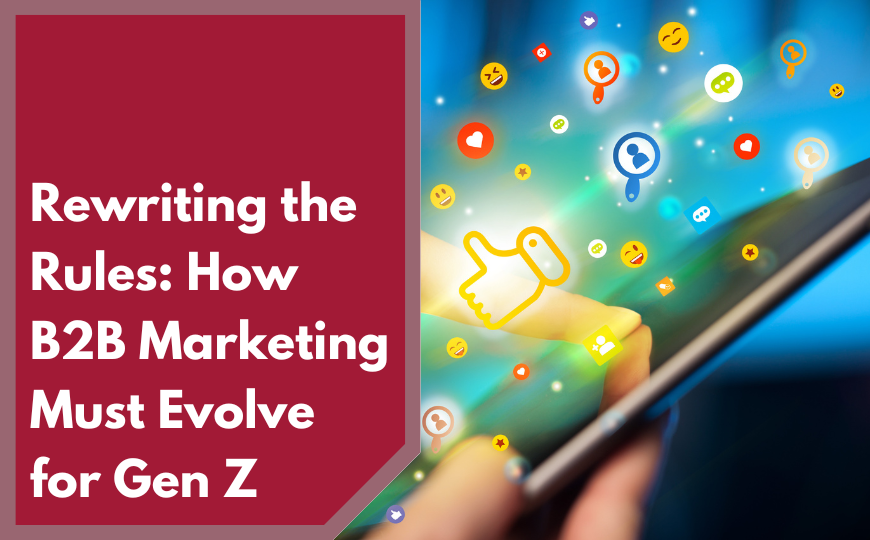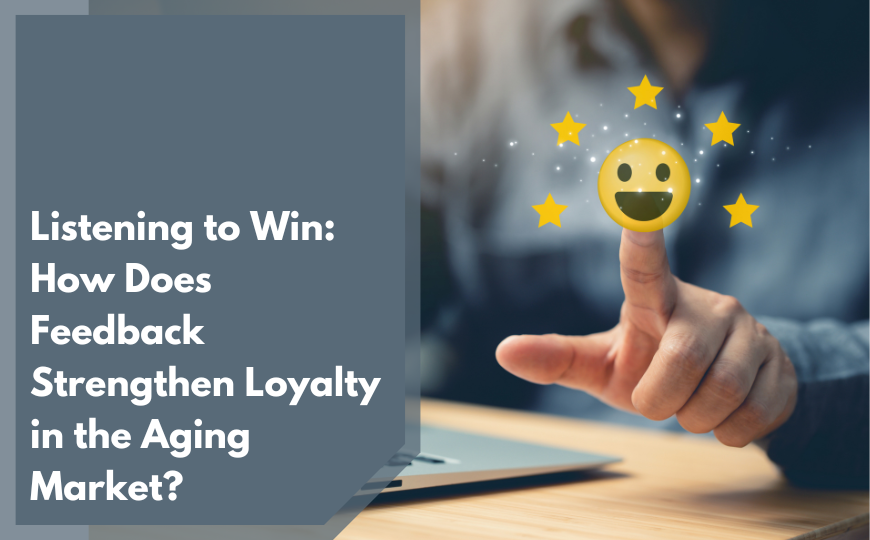When Thomas H Palmer first wrote “if at first you don’t succeed try, try again” he must have had webinars in mind. Webinars, like many other marketing programs, take time for success to build. Many companies try it once or twice and when they don’t see the instant satisfaction of success they tend to abandon ship. I’m here to caution you and ask you to, well, try, try again.
Can You Hear Me Now?
Marketing professionals love to talk about engaging with their audience. Typically when they talk of engagement they are referring to social media, but in this highly digital and often impersonal world, webinars are a growing trend in building relationships with your target market and potential/current customers. Webinars give your audience the chance to literally hear you. This helps build credibility in what you are saying and creates a connection that Tweets, no matter how relevant and valuable, can’t do. Webinars are scalable and allow you to present to a number of people that you would take you years to reach using in-person sales calls or client meetings; therefore increasing your audience and future webinar attendees. The most important part of a webinar is the Q&A portion. This provides you with insights into what your target market cares about and what they want to hear more about. You can take this information and create future webinars, white papers and other shareable content.
Webinars Can Make or Break You
Webinars are one piece of content that is measurable and useable. When you transcribe it you have little snippets of content that you can distribute through social media, build blogs off of, or develop follow up webinars from. They are successful at every stage of the sales funnel, they are more cost effective than traveling to tradeshows or seminars, yet if they are not done properly they can damage your brand reputation; therefore, they take careful planning and precision in execution.
- Plan, plan, plan: You may be able to knock out a great on-the-spot speech at your best friend’s wedding, but relying on those impromptu skills with you webinar could be deadly. Plan your goals, your desired outcomes, the content. Without the plan it is easy to lose focus and the interest of your audience.
- Spread the word: Start promoting your webinar about one month prior to the event. Create a landing page for signups and create images and teasers to promote using email marketing and social media. Be conscientious of not over promoting and running the risk of annoying your target market before they ever register.
- Educate don’t sell: Nothing shuts down a potential customer like a used-car sales pitch. Your audience is more likely to attend and share if you are entertaining and educational. Use Q&A and polls throughout the presentation to get a feel for your audience’s engagement level and to keep them involved.
- Start and end on time: Time is money today more than ever. Be respectful of your audiences time by starting and ending at the designated times.
- Make it viewable on demand: This makes the webinar shareable and available to potential customers who were unable to attend the live version. A recent study showed that only 16% of B2B consumers prefer to watch webinars live; the other 84% either didn’t care if it was live or preferred to watch it at another time.
Try, Try Again
So what if you do all of these things and you have a lower than expected turnout? If you’re a smart business person you keep at it. Remember, Rome wasn’t built in a day. Persistence, good ideas, and commitment all play a role in making webinars a successful part of your marketing strategy.





